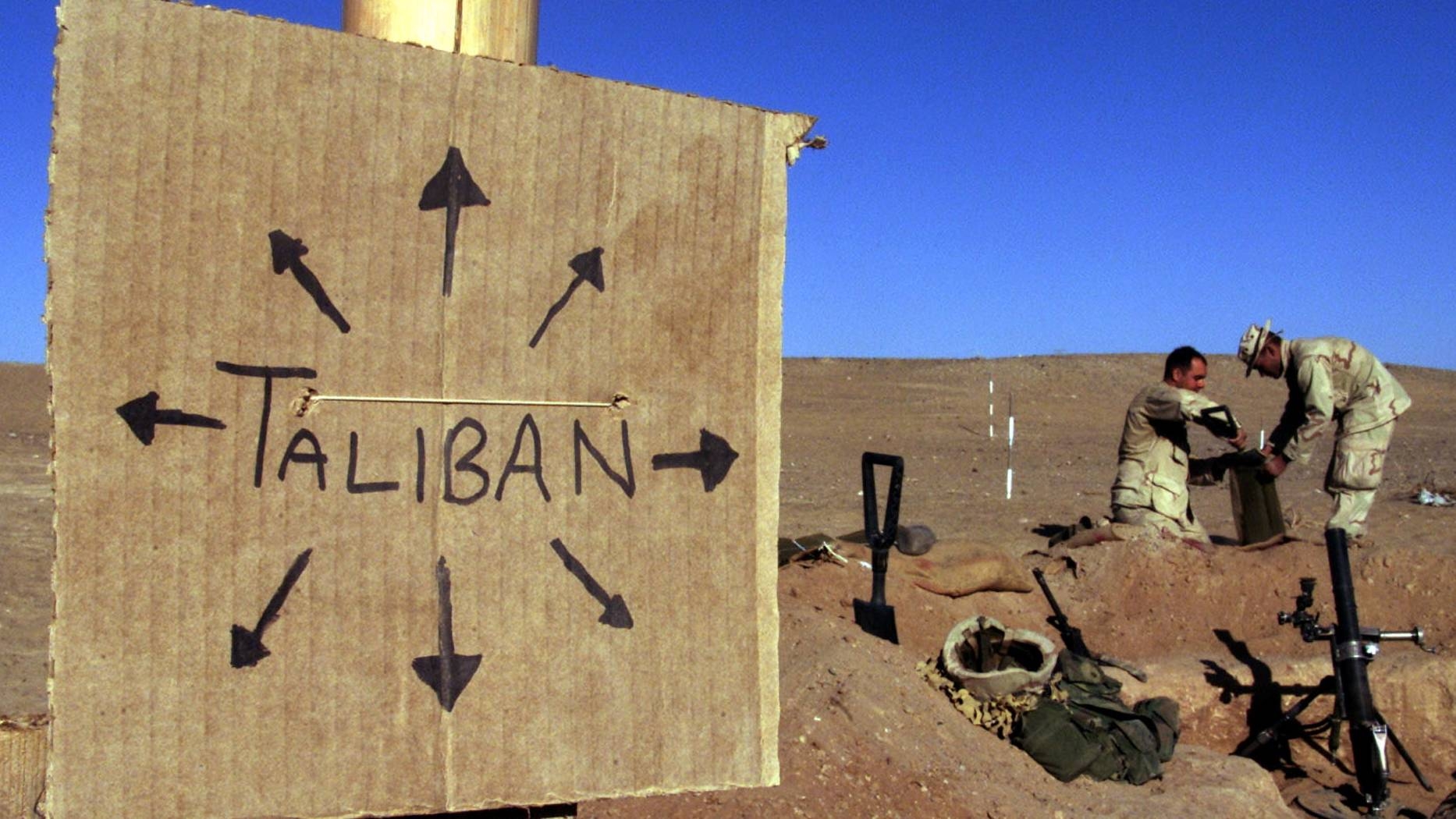'We didn't get it right': Biden review blames Trump for chaotic Afghan withdrawal

US President Joe Biden's administration on Thursday blamed his predecessor Donald Trump for Washington's chaotic withdrawal from Afghanistan, saying in a summary report that "there were no signs that more time, more funds or more Americans" could have fundamentally changed the trajectory.
The 12-page document made public by the White House said Trump had significantly reduced the amount of US troops in Afghanistan, and that it further "emboldened the Taliban" by considering whether to host them at Camp David.
"President Biden had committed to ending the war in Afghanistan, but when he came into office, he was confronted with difficult realities left to him by the Trump Administration," the report said.
In a press conference on Thursday, White House National Security Council spokesperson John Kirby told reporters that Biden inherited a depleted operation in Afghanistan from Trump, which hindered Washington's response.
"Transitions matter. That's the first lesson learned here. And the incoming administration wasn't afforded much of one," Kirby said.
Stay informed with MEE's newsletters
Sign up to get the latest alerts, insights and analysis, starting with Turkey Unpacked
The report points to "deliberate degradation" by the Trump administration - an accusation that Kirby said refers to the drawdown of US troops, the release of thousands of Taliban prisoners, and the negotiation of the "Doha agreement" to end the war.
"America is on a stronger strategic footing more capable to support Ukraine and to meet our security commitments around the world, as well as the competition with China, because it is not fighting a ground war in Afghanistan," Kirby said.
'We didn't get it right'
The administration of former US President Donald Trump, who had campaigned on a pledge to finish "endless wars", brokered a deal with the Taliban known as the Doha agreement.
Following 17 years of bloody war and various failed attempts at diplomacy, the deal was signed in February 2020 by US special envoy Zalmay Khalilzad and Taliban political chief Mullah Abdul Ghani Baradar, with former US Secretary of State Mike Pompeo serving as a witness.
The Taliban agreed that Afghanistan would not be used by groups like al-Qaeda, the Islamic State in Khorasan (IS-K), or other terrorist groups to conduct attacks that "threaten the security of the United States". And in return, the US pledged to reduce its number of troops in Afghanistan, followed by a full Nato withdrawal.
In April 2021, Biden announced that the United States would be leaving Afghanistan, and in August the US fully withdrew from Afghanistan, in a weeks-long evacuation that is largely remembered for the chaos in Kabul, when tens of thousands of Afghans tried to secure passage out of the country alongside American forces.
The Taliban, which had been fighting against the US and the Washington-backed Afghan government, quickly took over most of the country that year. And by the time of the US withdrawal, the Afghan government had fully collapsed and Taliban forces entered the capital city of Kabul.
Thursday's report also lays the blame for the nature of the withdrawal on intelligence assessments about the Afghan army's willingness to fight against the Taliban.
“Clearly we didn’t get it right,” Kirby said, while also sidestepping questions about whether Biden has any regrets about the withdrawal.
In 2022, Republican Congressman Michael McCaul, then a ranking member of the House Foreign Affairs Committee, released a 114-page report rebuking the withdrawal and saying that it could have been prevented with proper preparation.
"This interim report proves much of the deadly chaos during the evacuation from Afghanistan could have been prevented if the State Department and [National Security Council] had properly prepared for the expected fallout from President Biden's decision," McCaul said in a statement about the report at the time.
Middle East Eye delivers independent and unrivalled coverage and analysis of the Middle East, North Africa and beyond. To learn more about republishing this content and the associated fees, please fill out this form. More about MEE can be found here.




